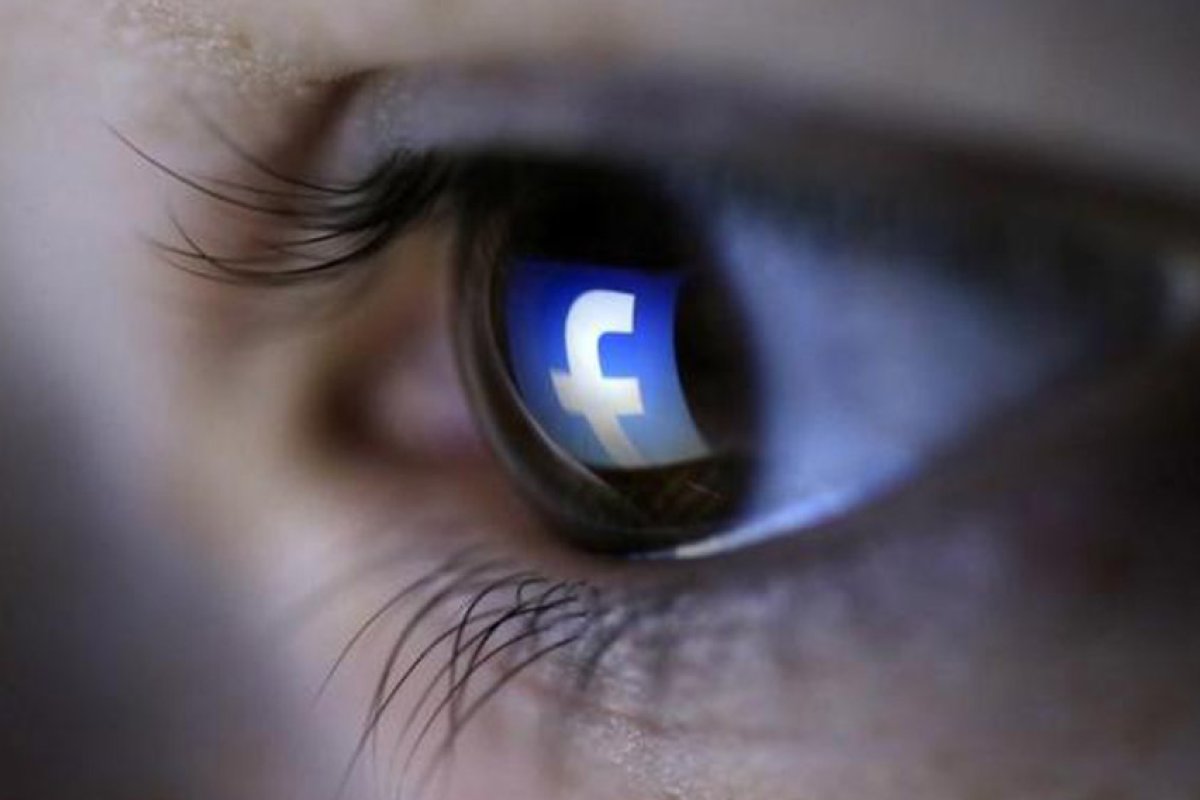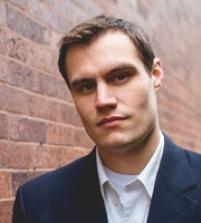
The Irony of Facebook
Ironically, social media sites draw upon our natural desire to have friends but they can make it more difficult to truly connect.
Americans are spending more time on Facebook and Instagram than ever before. But ironically, after the testimonies of Frances Haugen and other whistleblowers, Americans are also expressing increasingly serious reservations about Facebook Meta as a company and social media’s effects on democratic societies.
These reservations are not new, and they are not limited to the United States. In the most recent papal encyclical, Pope Francis made strong claims about the limitations of social media: “Digital relationships, which do not demand the slow and gradual cultivation of friendships, stable interaction, or the building of a consensus that matures over time, have the appearance of sociability. Yet they do not really build community; instead, they tend to disguise and expand the very individualism that finds expression in xenophobia and in contempt for the vulnerable. Digital connectivity is not enough to build bridges. It is not capable of uniting humanity.”
It’s easy to think of exceptions to these points (has Pope Francis even played World of Warcraft?!), though the exceptions may prove the rule. But whether one agrees or disagrees with the Pope’s statement, there is an irony here: This encyclical was promulgated in October 2020, at a time when digital connectivity was the only kind of connectivity available for millions of people. If digital connections aren’t capable of uniting humanity, and the circumstances of the world are making us rely more and more on the internet, what hope is there for humanity?
The longstanding fear has been that social media sites create “echo chambers” where people are only exposed to ideas that confirm what they already believe. Research shows that these fears have been exaggerated. In reality, social media users are exposed to more diverse political perspectives than people who do not use social media. In general, we interact with opposing viewpoints more frequently online than in our in-person networks. Rather than being insulated from opposing viewpoints online, we are inundated with them.
The problem is not that we lack information about others’ views, but that we arrive at false conclusions based on this information. Though our species throughout history does not have a great track record of intuiting what others think, people who use social media often end up with an especially distorted perception of the political landscape. There are a few reasons for this: first, we can erroneously take the contents of our social media feeds as representative of the nation as a whole. On Twitter, for example, prolific political tweeters represent only 6% of the population but are responsible for 73% of tweets about national politics. We thus have the illusion of knowing what “the other side” thinks, when in fact we are only receiving a small sample of passionate viewpoints.
Second, on social media we receive information about political beliefs only in small fragments. The less complete a picture we have of someone’s beliefs, the more we will tend to rely on our pre-existing narratives and stereotypes to fill in the gaps. While the internet can facilitate “the slow and gradual cultivation of friendships” praised by Pope Francis, social media sites are built for fast interactions and snap judgments.
Third, Facebook and Twitter can be modern-day agoras of dialogue and deliberation, but they are principally outlets for forging connections and regulating how others perceive us. Chris Bail writes, “We are addicted to social media not because it provides us with flashy eye candy or endless distractions, but because it helps us do something we humans are hard-wired to do: present different versions of ourselves, observe what other people think of them, and revise our identities appropriately.” People are incentivized to post things that will get positive feedback from others in their social groups. We like to be “liked.” Facebook and Twitter, even when they are not actively encouraging outrage, thus motivate users to preach to the choir instead of substantively disputing others’ ideas. Political posts are a matter of performance, not persuasion. Reminiscent of Karl Rove’s 2004 “base strategy,” politically inclined social media users are incentivized to say what they think their side wants to hear, feeding into an “us versus them” paradigm.
On social media, we are exposed to opposing viewpoints, but these viewpoints are not representative of the many positions that make up the political landscape, are presented in fragments that are open for misinterpretation and stereotyping, and are often crafted to elicit acclaim from a particular camp instead of to convince others or to express one’s authentic voice. One way forward is to continue to use social media to stay connected and informed, but to be very aware of their limitations so we do not rely on social media sites for more than they can provide.
In conclusion, then, it is not so much the online nature of social media interactions that is corrosive to the body politic. Community and citizenship are both possible even when we’re all in our pajamas interacting through devices. There are good reasons to dispute Pope Francis’s claim that “Digital connectivity is not enough to build bridges.” Nonetheless, we need to recognize that, at present, our principal means of interacting online offer us distorted pictures of the moral, political, and religious commitments of our compatriots.
Likewise, we can’t simply blame social media companies (well, we can blame them, but we can’t simply blame them). The harms that social media cause to democratic societies are due less to algorithms or bots than to innate human tendencies. Ironically, social media sites draw upon the natural desire to have friends but can make it more difficult to truly connect.


